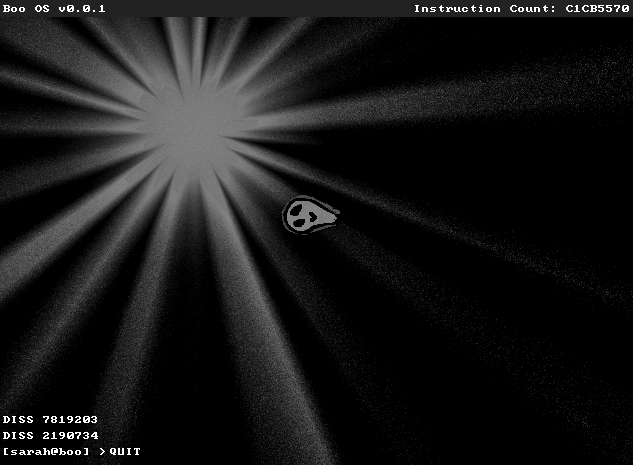
Still stuck in the dream that maybe we can build p2p applications that aren't mediated through a global consensus layer.
Nonsense I know.
Nonsense I know.
With all the talk of web 3 I fear we have forgotten how we used to think of the future of the internet.
https://twitter.com/SarahJamieLewis/status/1442549144355106816
And by "future" I mean how we used to imagine the web of 2015
Distributed global consensus is awesome and clearly permits some very interesting applications.
Many of the proposed "web3" hype sounds identical to the hype around early 00's p2p just with someone selling you a token necessary to participate now.
Many of the proposed "web3" hype sounds identical to the hype around early 00's p2p just with someone selling you a token necessary to participate now.
You realize that you can just do p2p right? You can open a socket and stream data to a group of friend, half way around the world, no permission needed.
You can even do some fun crypto(graphy) on top. Or whatever other protocol you want.
You can do that.
You can even do some fun crypto(graphy) on top. Or whatever other protocol you want.
You can do that.
Computer Science education is basically free now. You do not have to be beholden to algorithms or to the ridiculous economics of some flash in the pan token scheme.
I feel sometimes that some of you think the concept of a linked list of directed graph are some how intrinsic to a global consensus system and that is what made Bitcoin and some predecessors so novel.
Let me assure you that is not what made them novel. You can link lists too.
Let me assure you that is not what made them novel. You can link lists too.
Because I feel nostalgic about being in my teens, hanging out on IRC full of custom bots, compiling a half working linux distro, teaching myself how to data structure in half broken c code from random text files.
The tech future I imagined then was better.
The tech future I imagined then was better.
The main takeaway here, I think, is that I'm very much over watching the dreams of an open, p2p web be hijacked, declawed, and resold by charlatans who only rely on their marks lack of understanding of basic computer science to pull off the fraud.
• • •
Missing some Tweet in this thread? You can try to
force a refresh





